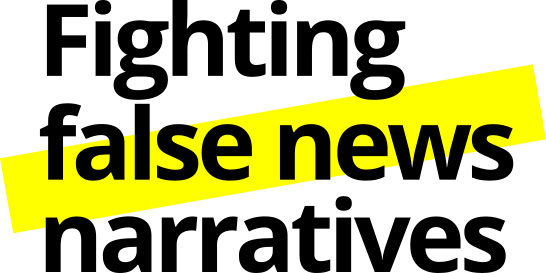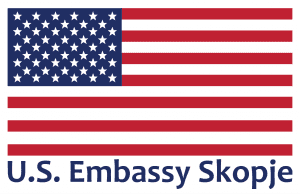The media in this country reported the claim of the Russian Ministry of Foreign Affairs, in their official address to the public on October 10th , 2020.
The press release reads: “Apart from the United States, at least 20 other Western countries are working on novichok. That is why novichok is a purely Western brand. It has been synthesized and is available in those countries in 140 versions. We do not have it. ”
The narrative used by the Kremlin resembles their propaganda, in which, as before, they deny producing a nerve poison that poisoned Putin’s most famous critic, the Russian opposition Navalny.
WHAT IS THE TRUTH?
The Russian novichok exists. The British intelligence services have data that indicate that Russia has continued to produce and store small quantities of novichok in the past, even after the signing of the Chemical Weapons Convention, which they refer to in their statement.
According to chemical weapons expert Hamish de Bretton-Gordon, the novichok nerve agent was developed and produced in Shikhany, the site of military research in central Russia. According to him, this information is contained in the report submitted by Russia several years ago to the international body for control of chemical weapons, the Organization for the Prohibition of Chemical Weapons.
The toxin novichok was developed in the 1970s and 1980s as a nerve agent. Chemist Vil Mirzayanov worked for 26 years at the State Institute for Research in Organic Chemistry and Technology in Moscow – an institution that worked on the Soviet chemical weapons program, registered under the secret code “Foliant”. After he implicitly revealed in a scientific article that Russia had such a program, he was fired and placed under house arrest for more than a year. In 1995, he emigrated to the United States and wrote the book State Secrets: An Insider History of the Russian Chemical Weapons Program, which revealed details of the Soviet / Russian chemical weapons program.
Russian officials and the state media have been publishing propaganda publicly to spread narratives, trying to deny involvement in Navalny’s poisoning, while expressing strong suspicions that he was poisoned at all. This scenario is well-known propaganda that has been used successfully before.
EU foreign ministers in Luxembourg have agreed to impose sanctions on Russian secret service associates linked to the poisoning of opposition leader Alexei Navalny.





